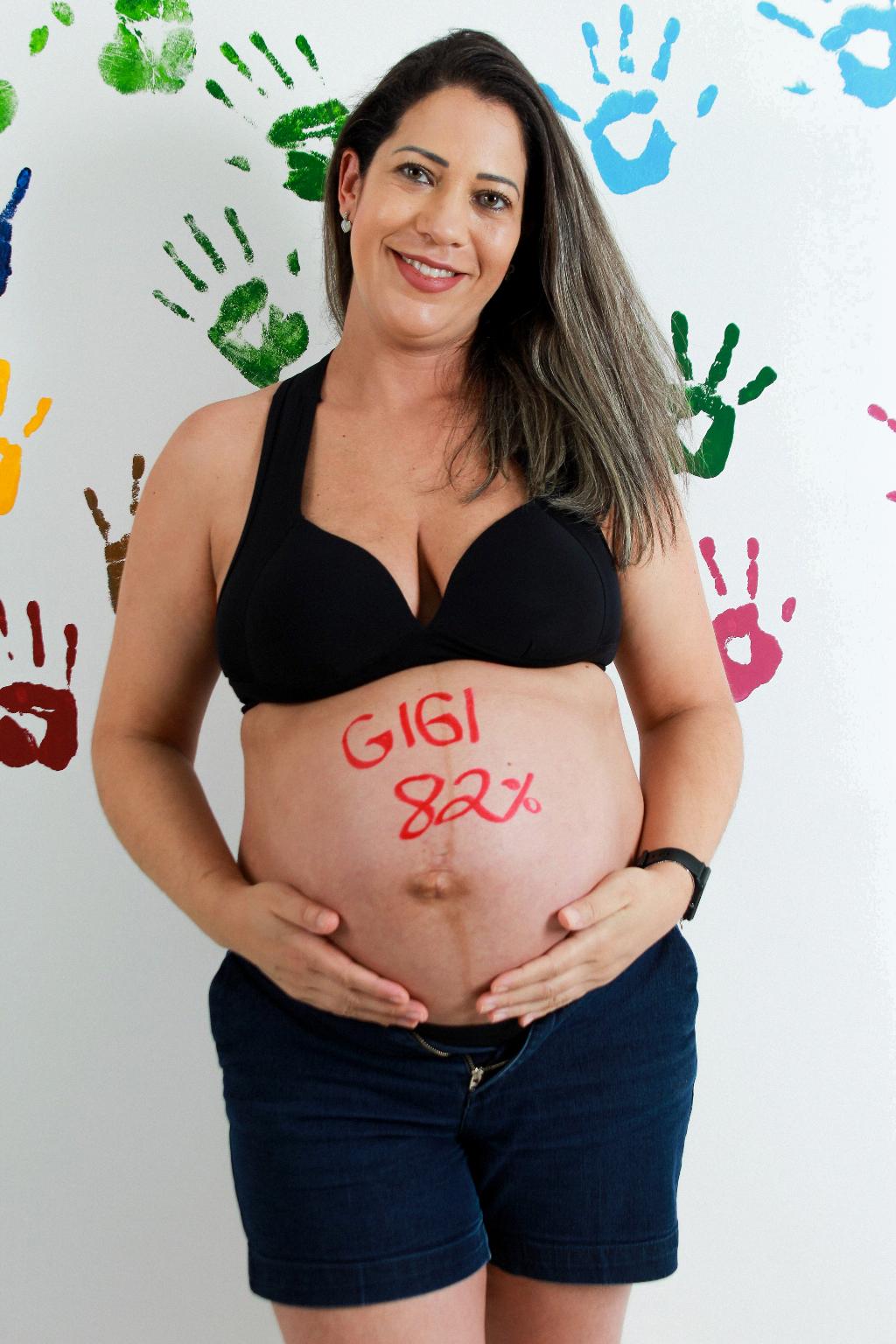When it comes to the risk of having a baby with Down syndrome, several factors come into play. These include geographic region, maternal education, marital status, and Hispanic ethnicity. However, one of the most significant risk factors is maternal age.
As women age, the likelihood that an egg will contain an extra copy of chromosome 21 increases significantly. This is why older women are much more likely than younger women to give birth to an infant with Down syndrome. The risk increases notably after the age of 35, and continues to rise with each passing year.
Aside from maternal age, geographic region can also play a role in the risk of having a baby with Down syndrome. Studies have shown that certain regions have higher prevalence rates of Down syndrome compared to others, which may be attributed to factors such as access to healthcare and genetic predisposition.
Maternal education is another factor that can influence the risk of having a baby with Down syndrome. Research suggests that women with lower levels of education may have a higher risk compared to those with higher education levels. This could be due to factors such as access to prenatal care and genetic counseling.
Marital status is also a contributing factor to the risk of Down syndrome. Studies have found that unmarried women may have a higher likelihood of having a baby with Down syndrome compared to married women. This could be related to social support, access to resources, and health behaviors.
Additionally, Hispanic ethnicity has been identified as a risk factor for Down syndrome. Research has shown that Hispanic women may have a higher prevalence of Down syndrome compared to women of other ethnicities. This could be due to genetic factors or cultural differences in healthcare access and utilization.
It is important to note that while these factors can influence the risk of having a baby with Down syndrome, it is essential to remember that Down syndrome can occur in any pregnancy, regardless of these factors. Genetic counseling and prenatal testing can help assess individual risk and provide support and information for families.
Ultimately, understanding the risk factors for Down syndrome can help individuals make informed decisions about their reproductive health and pregnancy planning. By being aware of these factors and seeking appropriate medical guidance, individuals can navigate the complexities of pregnancy and take proactive steps to support the health and well-being of themselves and their future children.

